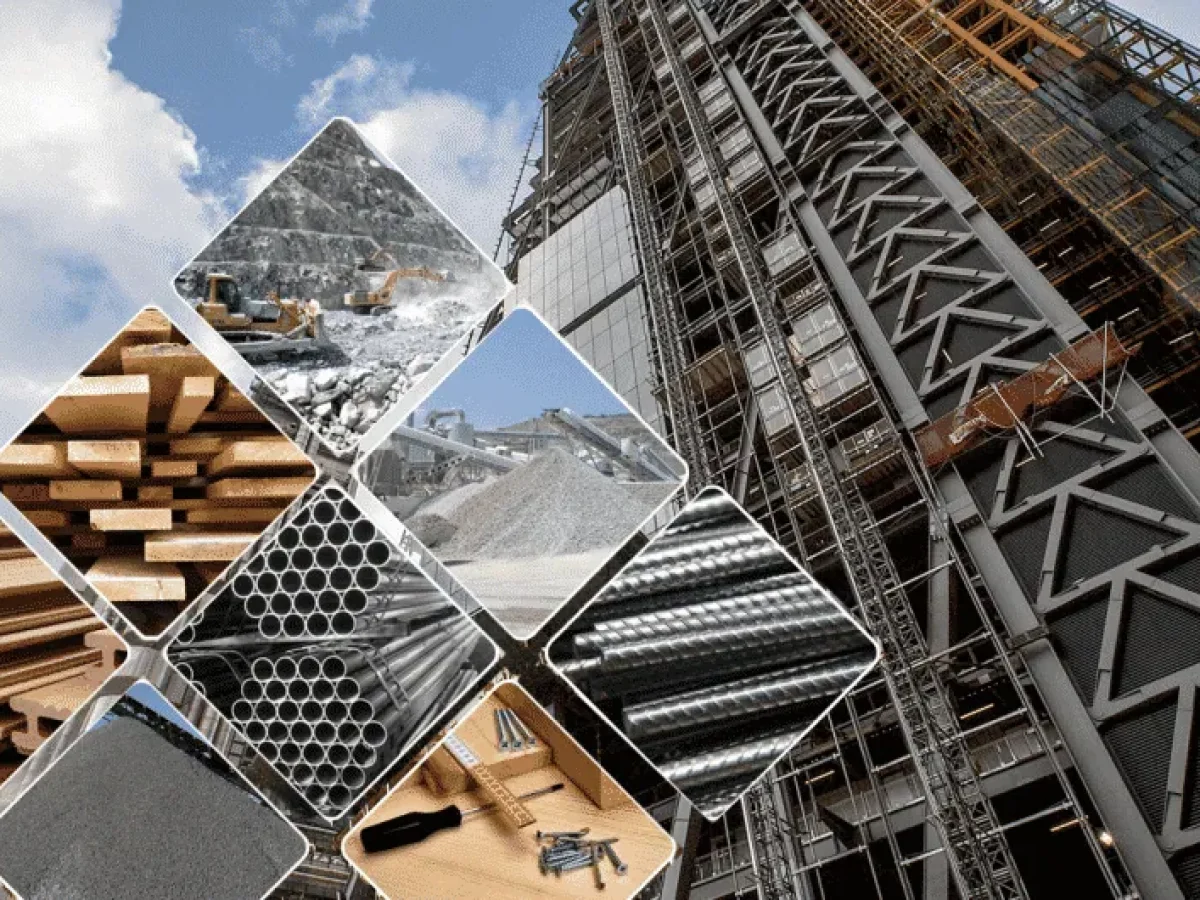Eco-Friendly Building Materials
As the construction industry continues to grow, so does the need for eco-friendly building materials that can help minimize the environmental impact of construction projects. These materials are designed to be sustainable, energy-efficient, and have a lower carbon footprint compared to traditional building materials.
Sustainable Wood Alternatives
One eco-modern building material gaining popularity is engineered wood. Made from recycled or sustainably-sourced wood fibers, engineered wood offers the same strength and durability as traditional timber. Additionally, it reduces deforestation and promotes the use of renewable resources for construction purposes.
Bamboo is another sustainable alternative to traditional wood. It grows rapidly and can be harvested within a few years, making it an ideal choice for eco-conscious builders. Bamboo is also incredibly strong, lightweight, and versatile, making it suitable for various construction applications.
Recycled Materials
Using recycled materials is an effective way to reduce waste and promote sustainability in construction. Recycled steel, for example, is a popular choice for structural elements such as beams and columns. It not only helps conserve natural resources but also requires less energy during the manufacturing process.
Recycled concrete is another eco-modern building material widely used in construction. By incorporating recycled aggregates, such as crushed concrete, into new concrete mixes, the demand for virgin aggregates can be reduced. This not only saves natural resources but also minimizes the need for quarrying and transportation.
Energy-Efficient Insulation
Insulation plays a crucial role in energy efficiency and reducing heating and cooling costs. Eco-modern building materials for insulation include natural fibers like sheep’s wool, cotton, and hemp. These materials are renewable, biodegradable, and have excellent thermal insulation properties.
Another energy-efficient insulation option is cellulose insulation, made from recycled paper products. It can be blown into wall cavities, reducing air infiltration and improving energy efficiency. Cellulose insulation is non-toxic and has a lower environmental impact compared to traditional fiberglass insulation.
Conclusion
Eco-modern building materials offer sustainable solutions for construction projects, helping reduce the environmental impact of the industry. From sustainable wood alternatives to recycled materials and energy-efficient insulation, these materials promote resource conservation, energy efficiency, and a greener future for the construction sector.
